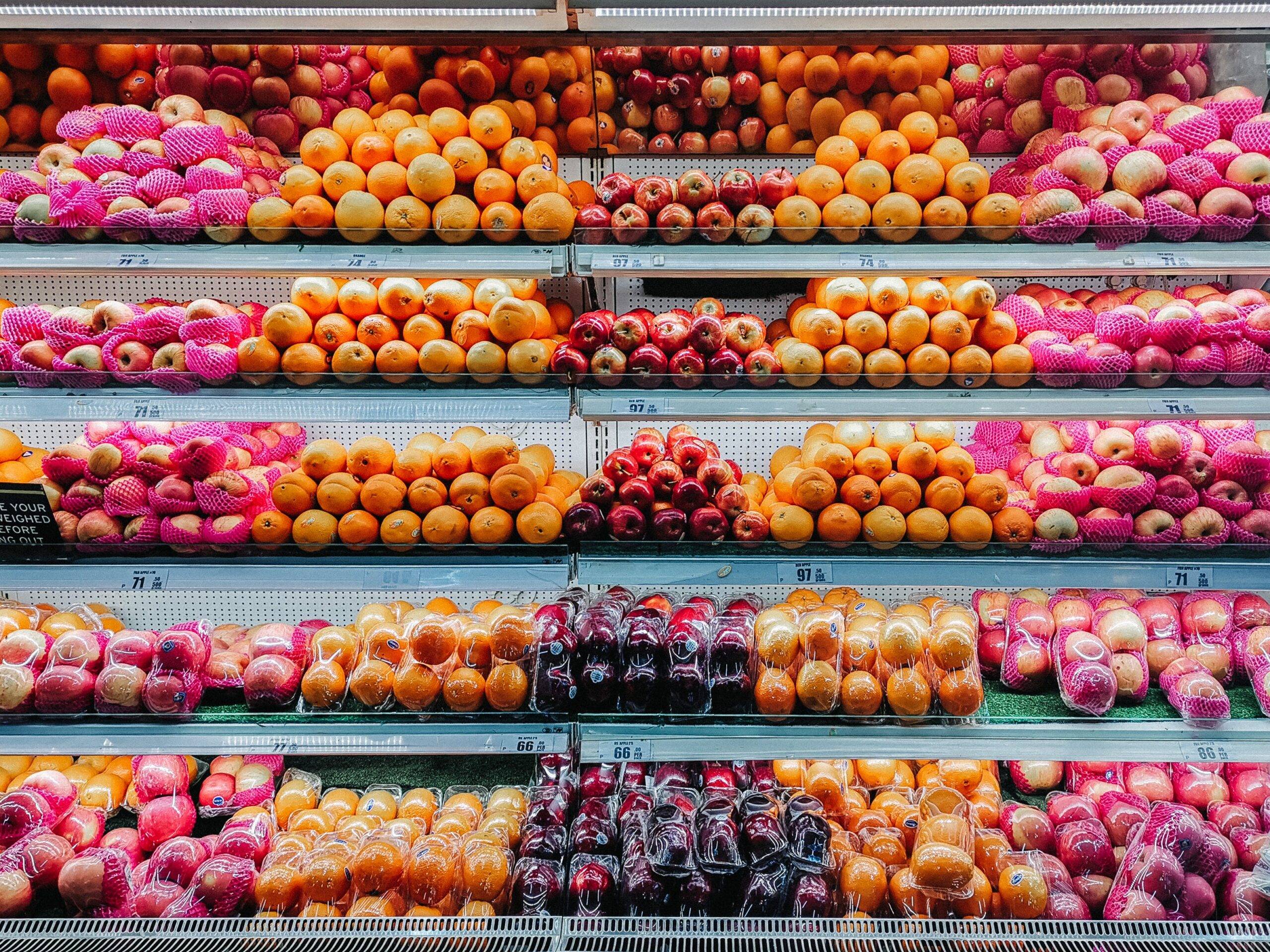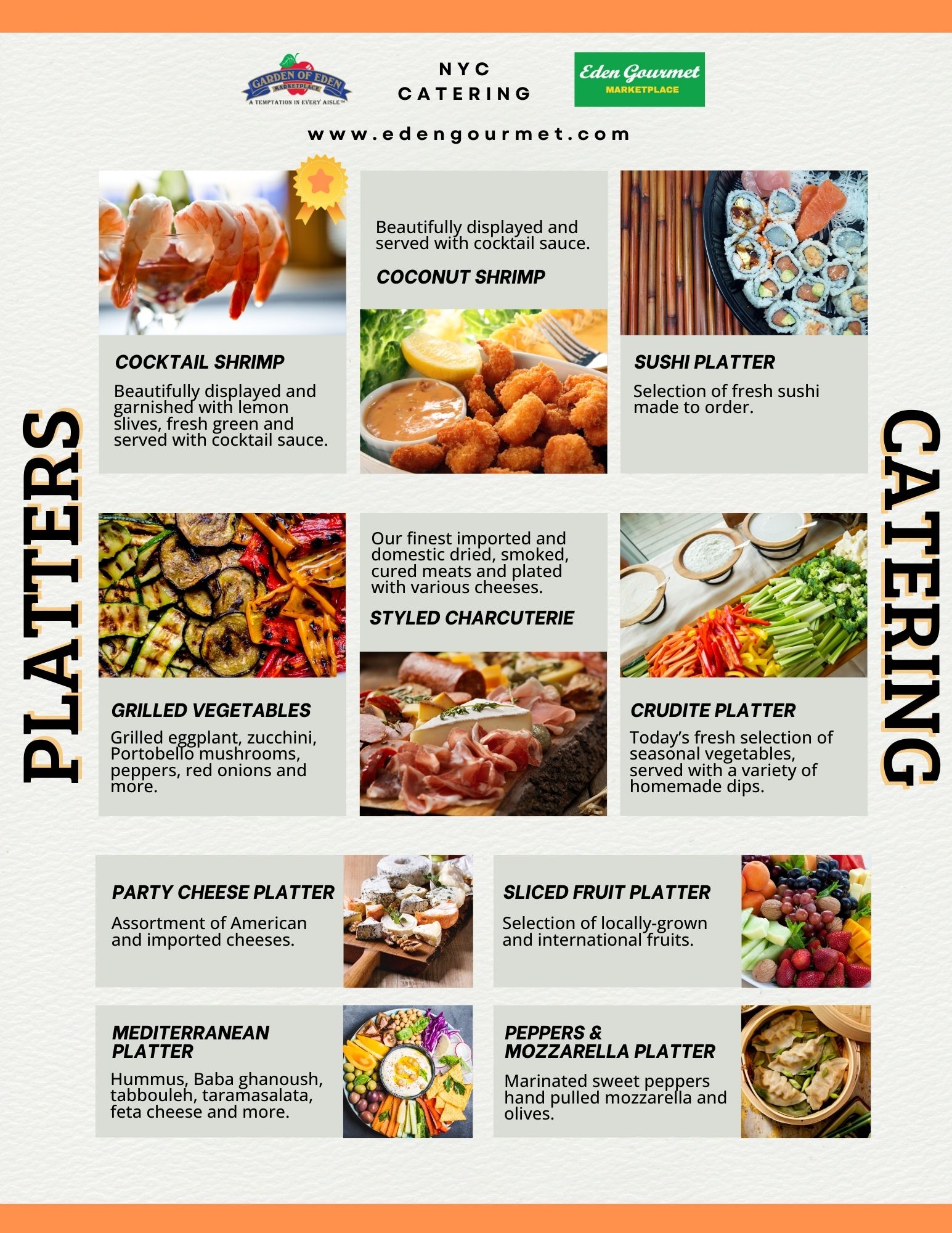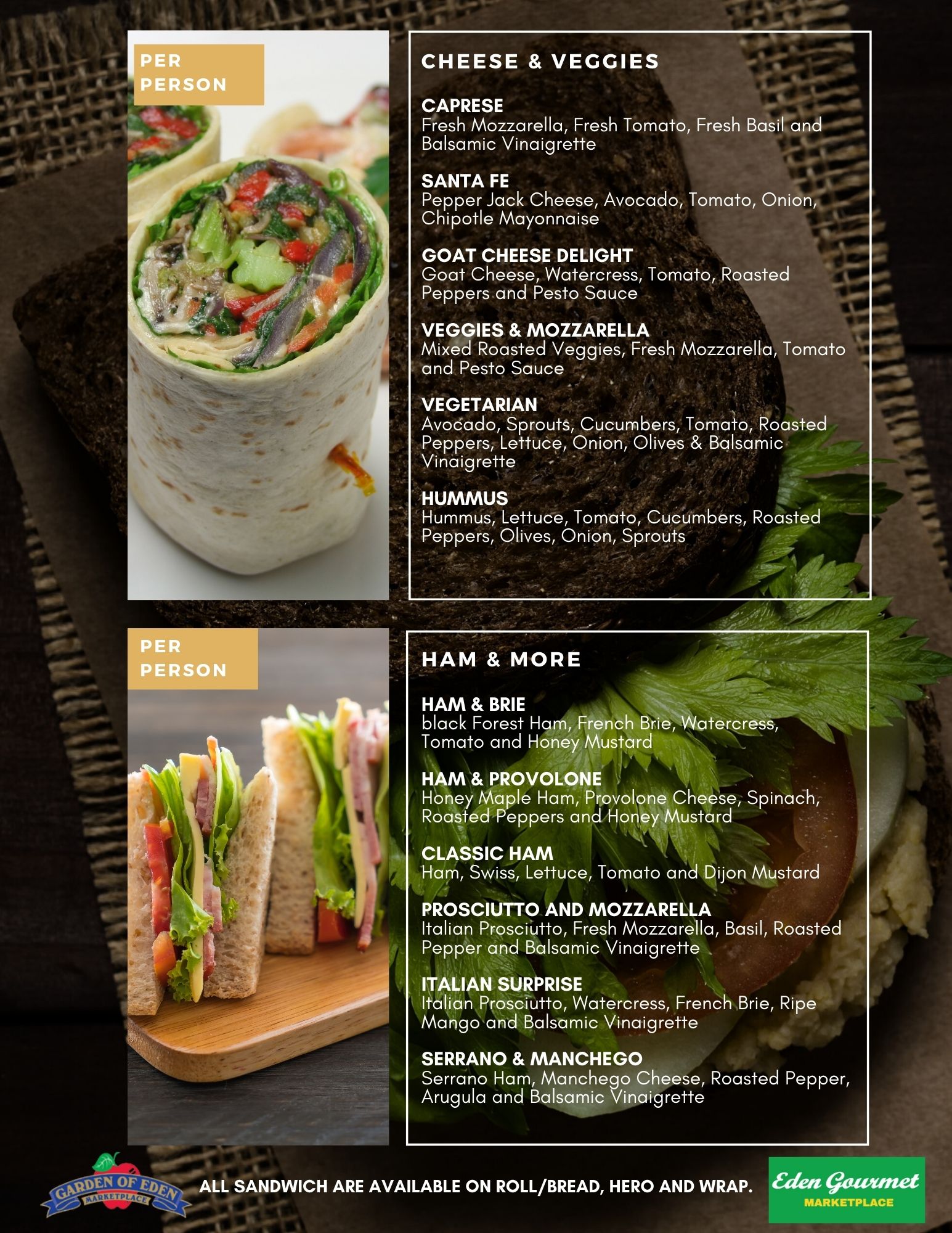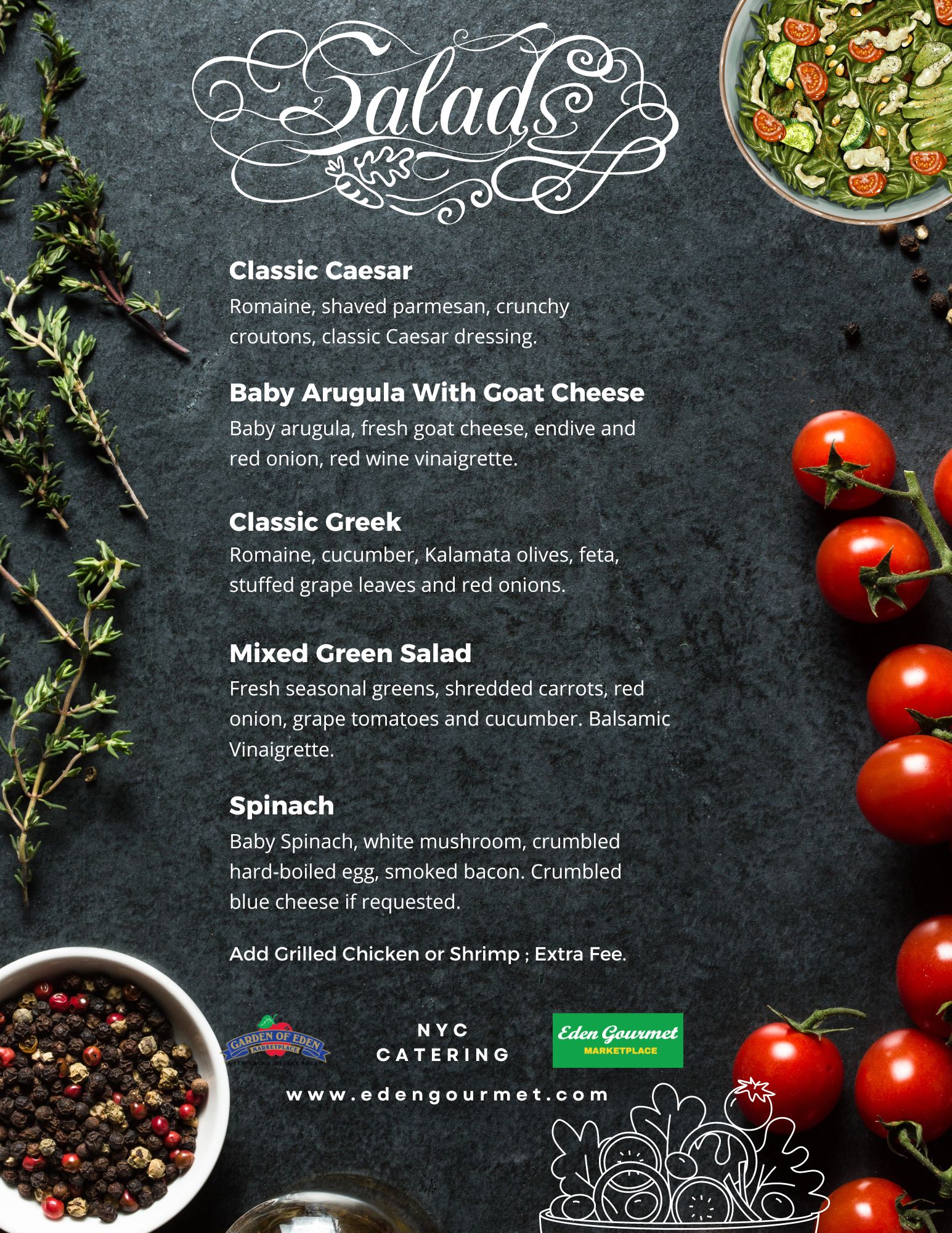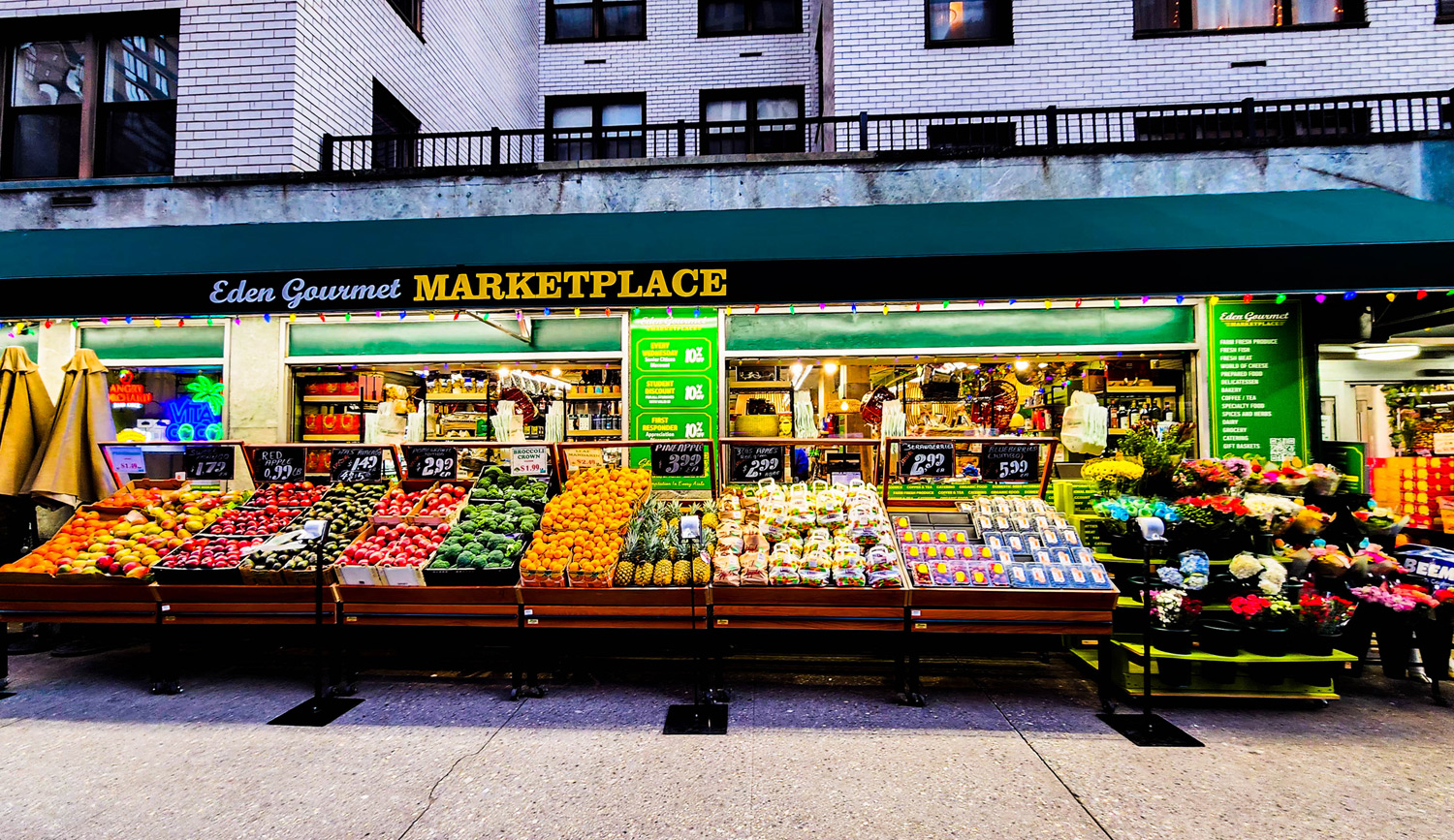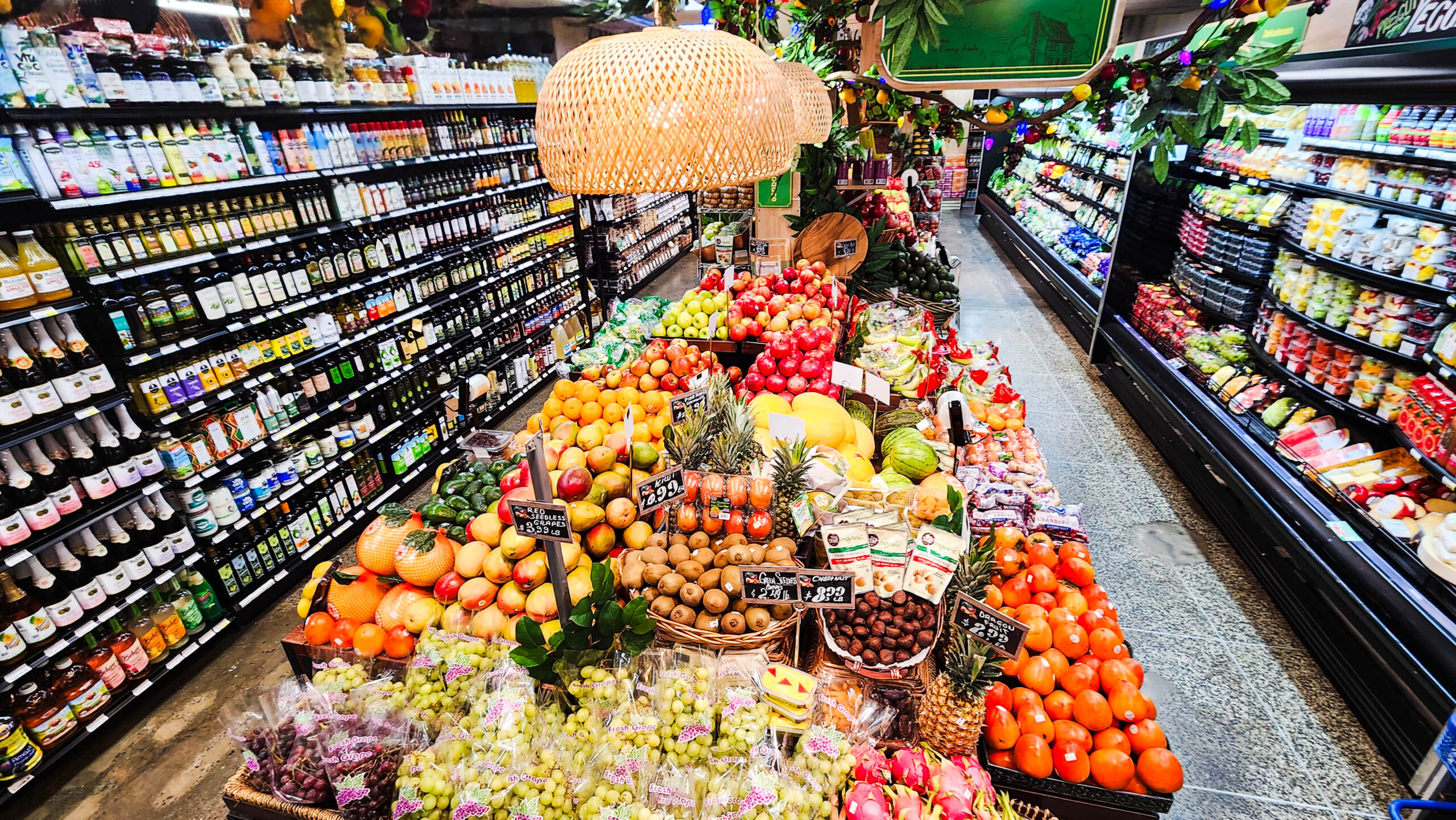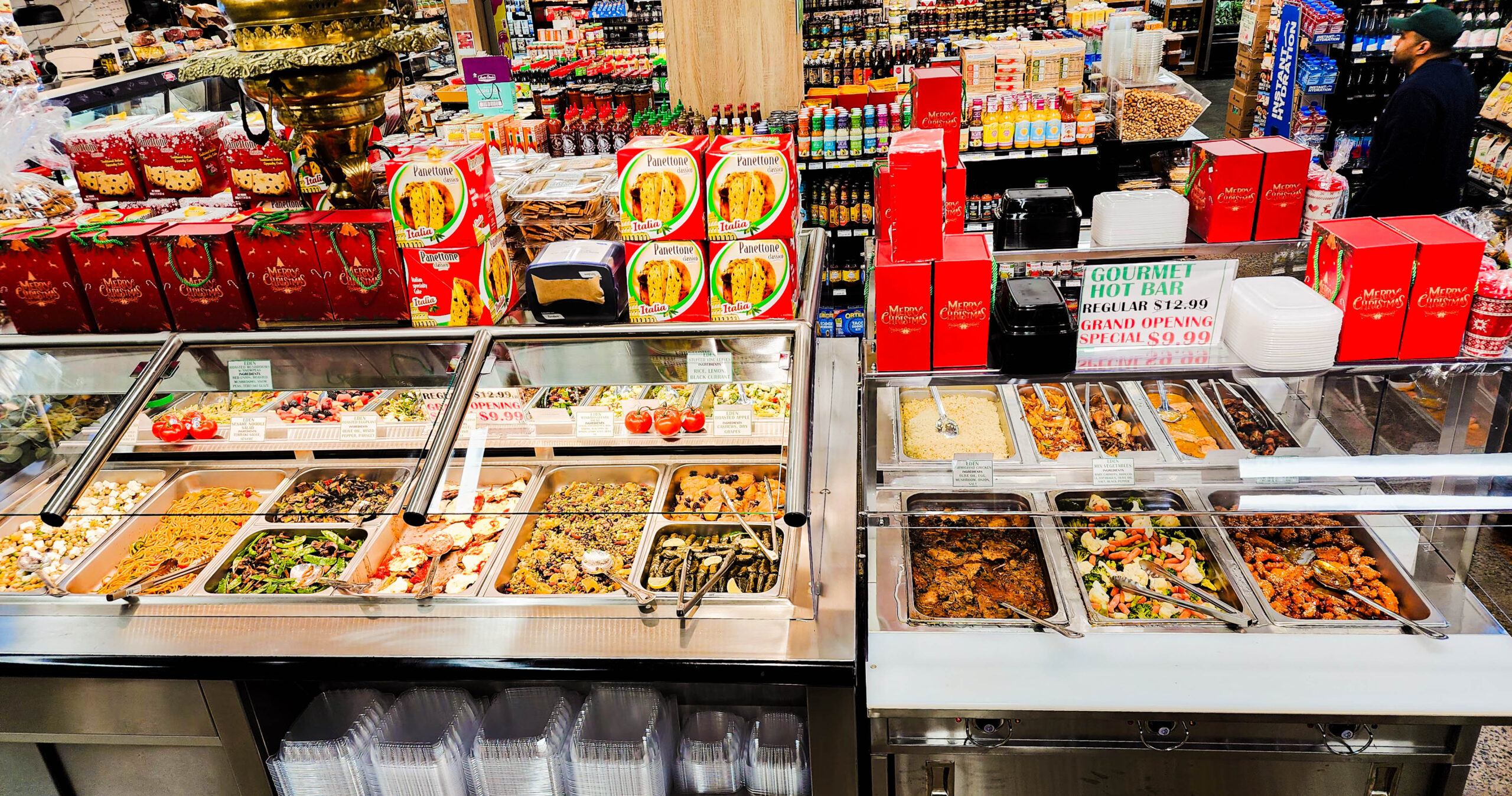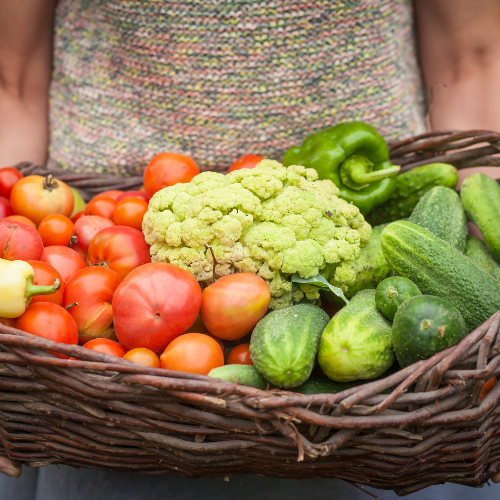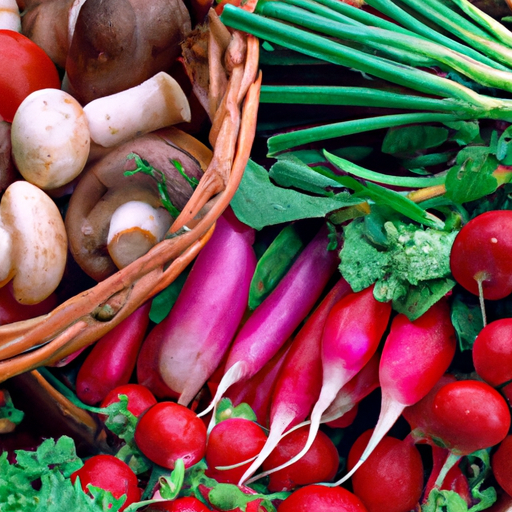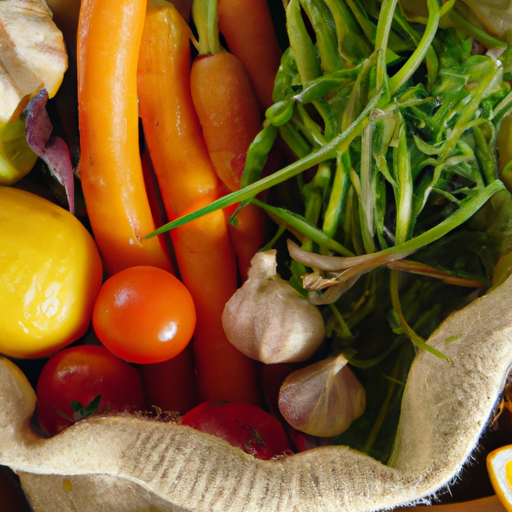Share This Story, Choose Your Platform!
Eden Gourmet is a shining example of a farm-to-table operation that prioritizes sustainable farming practices and delivers fresh, high-quality produce to consumers. The genesis of Eden Gourmet can be traced back to its founder, John Adams, who had a vision of creating a farm that not only produced delicious food but also cared for the environment.
Adams, a passionate advocate for sustainable agriculture, started Eden Gourmet with the belief that farming should be done in harmony with nature. He wanted to create a model that would demonstrate how sustainable farming practices could not only benefit the environment but also produce superior quality produce.
With this vision in mind, Adams established Eden Gourmet on a plot of land that had been neglected for years. He implemented organic farming methods, such as crop rotation, composting, and natural pest control, to restore the soil’s health and fertility. By avoiding the use of synthetic fertilizers and pesticides, Eden Gourmet ensures that its produce is free from harmful chemicals, making it a healthier choice for consumers.
Today, Eden Gourmet’s farm is a thriving ecosystem, teeming with biodiversity. The farm’s commitment to sustainable farming practices has not only rejuvenated the land but also attracted a wide variety of beneficial insects and birds, which help control pests naturally. This symbiotic relationship between the farm and its surroundings is a testament to the success of Eden Gourmet’s sustainable farming approach.
Cultivating Quality: The Farming Practices Behind Eden Gourmet’s Fresh Produce
At Eden Gourmet, cultivating quality produce is a top priority. The farm’s commitment to sustainable farming practices plays a crucial role in ensuring that its fresh produce is of the highest quality.
One of the key farming practices employed by Eden Gourmet is crop rotation. This practice involves growing different crops in a specific sequence to prevent the buildup of pests and diseases in the soil. By rotating crops, the farm minimizes the need for chemical pesticides and herbicides, resulting in healthier plants and better-tasting produce.
Another important aspect of Eden Gourmet’s farming practices is the use of compost. Composting allows the farm to recycle organic waste and transform it into nutrient-rich soil amendments. By enriching the soil with compost, Eden Gourmet ensures that its plants receive a balanced supply of essential nutrients, resulting in robust growth and flavorful produce.
Furthermore, Eden Gourmet employs natural pest control methods to protect its crops. Instead of relying on chemical pesticides, the farm encourages the presence of beneficial insects, such as ladybugs and lacewings, which feed on pests. This biological approach not only reduces the need for harmful chemicals but also helps maintain a healthy balance in the farm’s ecosystem.
Lastly, Eden Gourmet practices responsible water management. The farm utilizes drip irrigation systems and rainwater harvesting techniques to minimize water waste and ensure that plants receive the right amount of moisture. By conserving water resources, Eden Gourmet demonstrates its commitment to sustainable farming and environmental stewardship.
Harvesting the Bounty: From Field to Fork, the Journey of Eden Gourmet’s Fresh Produce
Once the crops at Eden Gourmet are ready for harvest, a meticulous process begins to ensure that the fresh produce reaches consumers in its peak condition. From field to fork, every step is carefully managed to maintain the quality and freshness of Eden Gourmet’s produce.
Harvesting at Eden Gourmet is done by hand, allowing for selective picking of ripe fruits and vegetables. This ensures that only the highest quality produce makes its way to the market. The farm’s skilled workers are trained to identify the perfect moment for harvest, guaranteeing that the produce is at its peak flavor and nutritional value.
After harvest, the fresh produce is quickly transported to the farm’s packing facility, where it undergoes a thorough cleaning and sorting process. Any damaged or subpar items are removed, ensuring that only the best quality produce is packed and delivered to consumers.
Eden Gourmet takes great care in packaging its fresh produce to maintain its freshness during transportation. The farm uses eco-friendly packaging materials, such as biodegradable containers and recycled paper, to minimize its environmental impact. This commitment to sustainability extends beyond the farm and resonates with consumers who value eco-conscious choices.
Once packaged, Eden Gourmet’s fresh produce is promptly delivered to local markets, restaurants, and directly to consumers. The farm’s efficient distribution network ensures that the produce reaches its destination quickly, minimizing the time between harvest and consumption. This short supply chain not only guarantees freshness but also supports the local economy by connecting consumers with local farmers.
Nurturing Health and Sustainability: How Eden Gourmet’s Farm-to-Table Approach Benefits Consumers and the Environment
Eden Gourmet’s farm-to-table approach offers numerous benefits to both consumers and the environment. By prioritizing sustainable farming practices and delivering fresh produce, the farm nurtures the health of individuals and the planet.
Consumers who choose Eden Gourmet’s fresh produce can be confident in their food choices. The farm’s commitment to organic farming methods means that the produce is free from harmful chemicals, pesticides, and genetically modified organisms (GMOs). This ensures that consumers can enjoy nutritious and flavorful food while minimizing their exposure to potentially harmful substances.
Furthermore, Eden Gourmet’s farm-to-table approach supports local agriculture and the local economy. By sourcing produce directly from the farm, consumers can enjoy fresher and more flavorful food while supporting local farmers. This direct connection between farmers and consumers fosters a sense of community and strengthens the local food system.
From an environmental perspective, Eden Gourmet’s sustainable farming practices have a positive impact. By avoiding the use of synthetic fertilizers and pesticides, the farm reduces water pollution and soil degradation. Additionally, the farm’s commitment to biodiversity conservation helps maintain a healthy ecosystem, supporting pollinators and other beneficial organisms.
Eden Gourmet’s farm-to-table approach also reduces the carbon footprint associated with food transportation. By delivering fresh produce locally, the farm minimizes the distance traveled and the associated greenhouse gas emissions. This localized approach to food production and distribution contributes to a more sustainable and resilient food system.
In conclusion, Eden Gourmet’s journey from farm to table is a testament to the power of sustainable farming practices and the benefits they bring to consumers and the environment. Through its commitment to quality, freshness, and sustainability, Eden Gourmet sets a high standard for farm-to-table operations, inspiring others to follow suit and contribute to a healthier and more sustainable future.

